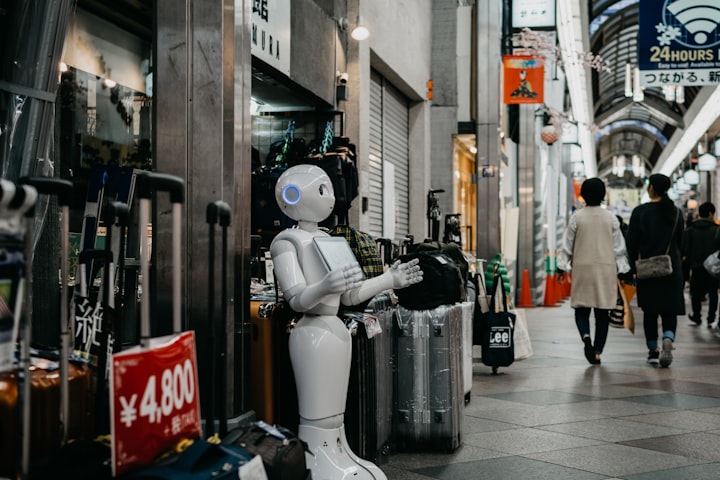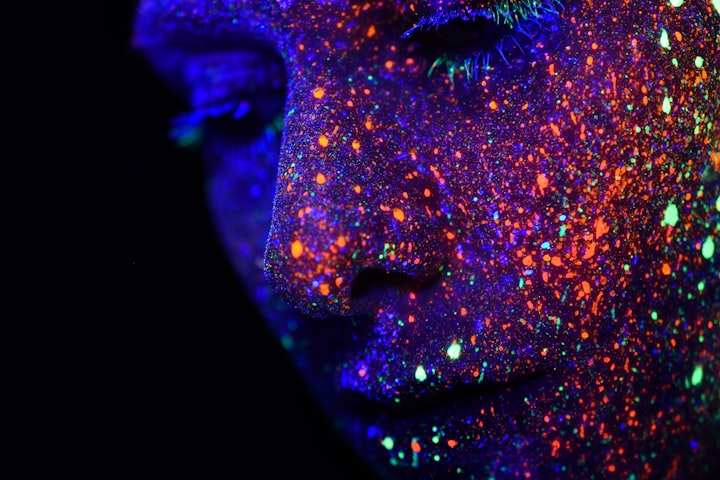How AI Empower Business and Disrupting Workers
Will AI completely replace human labor in the future?
The massive development of artificial intelligence (AI) technology has slowly revolutionized several fields of work, especially in the digital field, with very significant growth.
One of the biggest concerns is the massive disruption of certain industries or fields of work that have been established for years.
Therefore, it would be a good idea to first understand some of the categories of AI to understand how this technology is truly changing the perspective and workings of modern businesses.
Understanding AI categories in the modern industry
A Delloite study titled Cognitive Technology: Real Opportunities for Business concluded that artificial intelligence (AI) technology is divided into three categories: products, processes and insights.
Product: service by embedding AI in the process
The characteristics of AI that can simplify work processes quickly and efficiently are an added value for anyone who uses the technology. Even businesses.
One example is Netflix, a digital streaming service provider with global reach that embeds AI-based cognitive technology to increase the value of its services.
The cognitive technology on the Netflix service is machine learning in the form of a recommendation feature that can predict the types of movies that customers will like.
Process: Automation of internal processes with AI-based technology
Automation here usually depends on the needs of each business, namely replacing human labour completely with technology or a combination of both to increase performance speed and efficiency.
The Hong Kong subway system does this very well. The system can record 99.9 per cent punctuality despite having to carry 5 million passengers daily.
The use of AI technology, referred to as "genetic algorithms", is the key to the success of the iterative system. Meanwhile, human labour is focused on more complicated matters, such as negotiations that require direct interaction.
Insight: Learning information quickly
Next is using artificial intelligence (AI) to quickly learn and gain insights. The key is machine learning technology that can draw conclusions from large, complex data sets.
Intel as a computer chip maker, utilizes AI in the form of predictive algorithms. The technology aims to categorize its customers who have similar buying patterns.
The information from the predictive results is then analyzed by Intel and used to tailor promotions to the right customers to prioritize what items are sold first.
AI and the seemingly limitless art
Has the massive development of AI disrupted the field of digital art? Although not quite yet, it seems very thrilling.
In photography, photographer Boris Eldagsen won the Sony World Photography Awards in April 2023 with "Pseudomnesia: The Electrician", which was completely created using AI.
The AI-rigged photo became one of the "unusual" works because it won the creative, open category, which is usually achieved by pure works without involving artificial intelligence technology.
However, Eldagsen declined the prize as his participation was aimed at testing the competition and creating a discussion about the future of photography amidst the onslaught of AI.

Previously, artist Jason M. Allen also won an annual Colorado State Fair art competition with a painting held in August 2022.
Unlike most artists, the "Space Opera Theater" painting was not painted using brushes and paints. Still, it was created automatically using text commands on generative AI tools such as Midjourney.
Although controversial, Jason's painting became the first AI-based work to win an award, bringing home a blue ribbon for emerging digital artists.
For visual arts workers such as graphic designers and illustrators in certain commercial fields, AI will be a major disruption that could threaten their profession.
Are computer programmers also disrupted?
The answer is similar to workers in the digital arts. Although it hasn't fully happened yet, the potential for disruption in this field can be felt in the next few years.
Like ChatGPT, for example, the tool can generate code faster than humans through just a few typing. This means that the coding work can be completed quickly and efficiently.
According to Mark Muro, a senior researcher at the Brookings Institute, software development teams in the future may only need a few people.
OpenAI, the company that created ChatGPT, is even rumoured to be considering replacing its software development engineers with AI.
How to survive AI disruption
However, the emergence of AI will also open up new jobs or complement existing ones. For you to survive in the era of AI disruption, see below.
1. Change your mindset about AI
Having the right mindset about AI is very important to make it easier for humans to create a more creative frame of mind. One of them is to consider AI as a partner, not a threat.
AI was created to facilitate human performance in certain fields with an automation process. Meanwhile, humans have an emotional touch that can control and correct mistakes made by AI.
In a way, humans and machines like AI are collaborators that complement each other. The right mindset is needed so that this collaboration can facilitate the path to achieving the main goal.
2. Hone skills that AI does not master
Although AI is considered very intelligent, some things still need to be mastered by technology and can only be done directly by human labour.
Tasks requiring empathy, emotional intelligence, negotiation, and creativity are skills humans can master, but not AI.
AI will no longer be considered a threatening disruption if these skills are developed. It can help humans make decisions, solve problems and enhance creativity effectively.

3. Improve technical and non-technical skills
The constant development of AI requires people to keep moving dynamically by learning the technology. This is essential to stay relevant and adapt to the changes.
The learning method you choose can be tailored to your individual needs. Whether it's by doing hands-on work in the field or taking a specialized professional program.
Combining hands-on experience and knowledge through specialized learning will create excellent work. Indirectly, you have improved your technical and non-technical skills during the process.
4. Understand AI according to purpose
If likened to a well-known brand, AI is the 21st-century "Swiss Army" knife that sharpens and improves human performance quickly and efficiently.
ChatGPT, Midjourney, Grammarly, Jasper, and the like are AI-based digital products now commonly used by businesses globally.
Assume that you understand each of these AI-powered products, and then use them appropriately to achieve your goals according to your field of work.
Conclusion
The emergence of technologies like AI is an unstoppable reality. Its disruptive potential also is not the end of the world.
The active role of humans is still needed because AI still has many flaws that must be corrected. In addition, many opportunities can be taken by utilizing AI technology as the most advanced tool of this century.
About the Creator
Prio Danny Kuncoro
A writer who covers digital business and technology developments. Realizes that technological disruption, such as artificial intelligence, will shape the future.







Comments
There are no comments for this story
Be the first to respond and start the conversation.